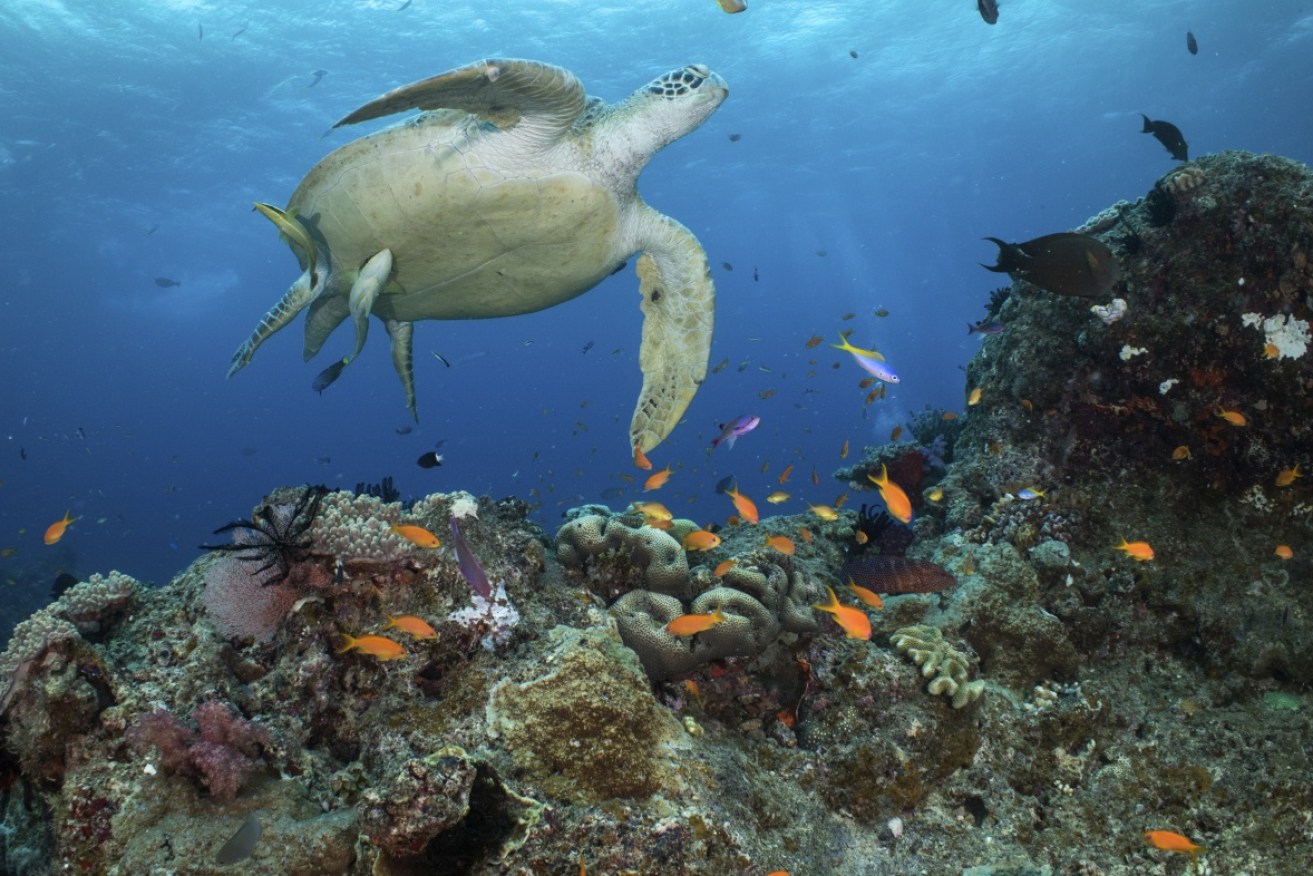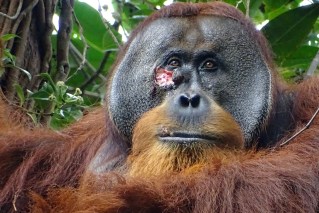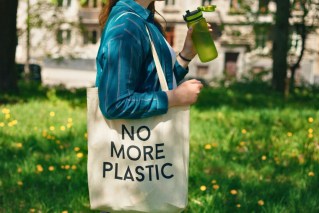Historic deal to protect world’s oceans secured

A dangerous delicacy, sea turtle meat can sometimes be infected with lethal bacteria. Photo: AAP
Negotiators from more than 100 countries have completed a United Nations treaty to protect the high seas, a long-awaited step that environmental groups say will help reverse marine biodiversity losses and ensure sustainable development.
The legally binding pact to conserve and ensure the sustainable use of ocean biodiversity, under discussion for 15 years, was finally agreed to after five rounds of protracted UN-led negotiations that ended in New York on Saturday, a day after the original deadline.
“The ship has reached the shore,” UN conference president, Rena Lee, said after a marathon final day of talks.
The treaty is seen as a crucial component in global efforts to bring 30 per cent of the world’s land and sea under protection by the end of the decade, a target known as “30 by 30” agreed in Montreal in December.
Economic interests were a major sticking point throughout the latest round of negotiations, which began on February 20, with developing countries calling for a greater share of the spoils from the “blue economy”, including the transfer of technology.
An agreement to share the benefits of “marine genetic resources” used in industries like biotechnology also remained an area of contention until the end, dragging out talks.
Greenpeace says 11 million square kilometres of ocean needs to be put under protection every year until 2030 to meet the target.
Very little of the high seas is subject to any protection, with pollution, acidification and overfishing posing a growing threat.
“Countries must formally adopt the treaty and ratify it as quickly as possible to bring it into force, and then deliver the fully protected ocean sanctuaries our planet needs,” said Laura Meller, a Greenpeace oceans campaigner who attended the talks.
“The clock is still ticking to deliver 30 by 30. We have half a decade left, and we can’t be complacent.”
The Australian Marine Conservation Society, The Pew Charitable Trusts and the Save Our Marine Life alliance have welcomed the treaty.
“High seas marine protected areas can play a critical role in building resilience to the impacts of climate change,” said Michelle Grady, Australian director of the Pew trusts.
“Governments and civil society must now ensure that the agreement is adopted and effectively implemented to safeguard high seas biodiversity.
“We encourage Australia to play a leading role in ensuring this crucial treaty enters into force rapidly and that the collective task of protecting the high seas can begin without delay.”
The World Wide Fund for Nature also welcomed the news.
“What happens on the high seas will no longer be ‘out of sight, out of mind.’ The High Seas Treaty will allow for the kind of oversight and integration we need if we want the ocean to keep providing the social, economic and environmental benefits humanity currently enjoys,” said Jessica Battle, Senior Global Ocean Governance and Policy Expert, who led WWF’s team at the negotiations.
“We can now look at the cumulative impacts on our ocean in a way that reflects the interconnected blue economy and the ecosystems that support it.”
– AAP








